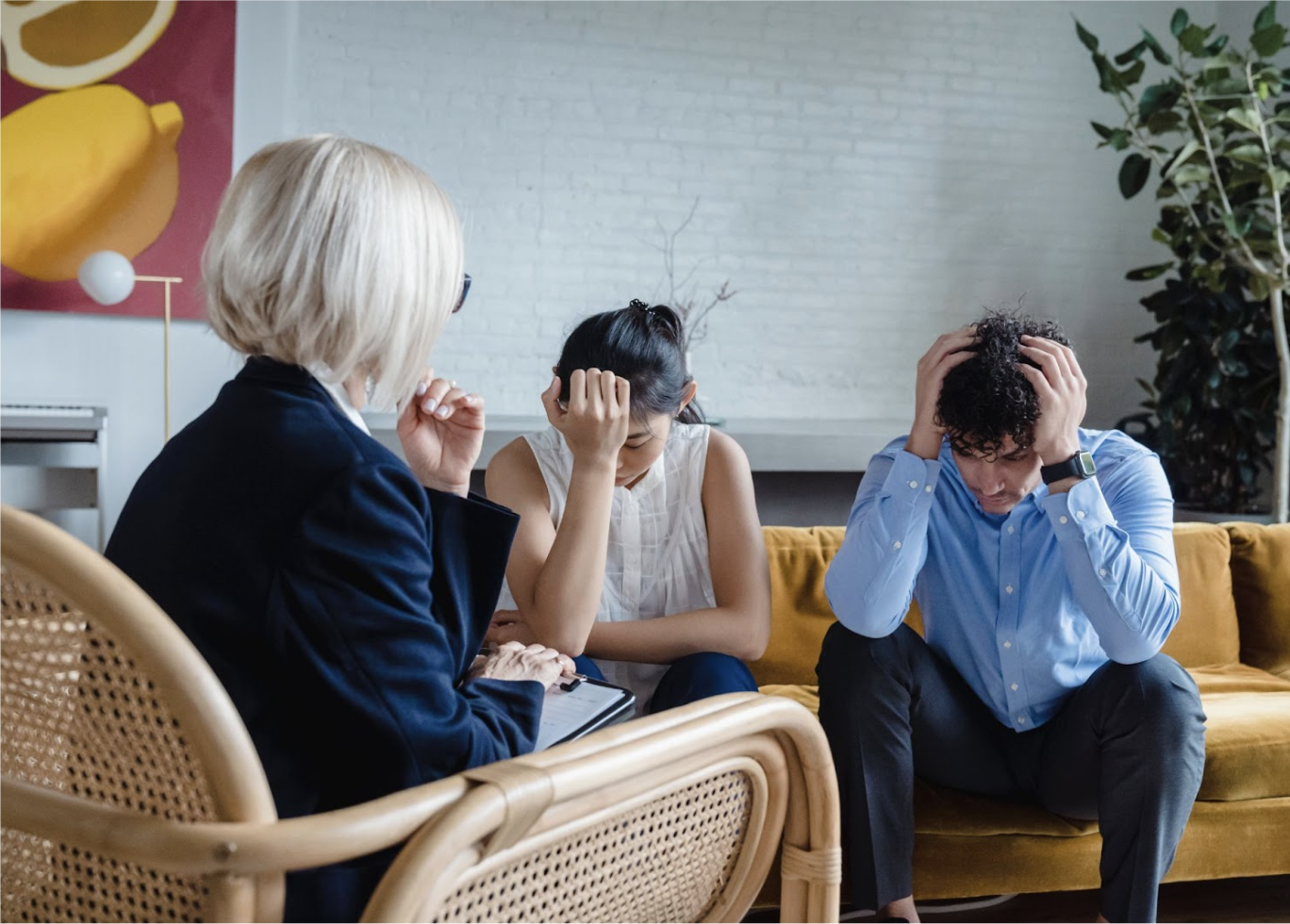Embarking on the journey of couples counseling can be both exciting and daunting. Many couples seek counseling to address underlying issues, improve communication, and enhance their overall relationship. Preparing for your first session can significantly influence the effectiveness of the process. Here, we’ll discuss essential steps to help you prepare, with a particular focus on mental health. If you’re considering therapy options, online couple counseling in Burlington can offer flexibility and convenience as you take this crucial step.
Understanding Your Goals
The first step in preparing for your couples counseling session is to reflect on what you hope to achieve. This might include resolving specific conflicts, improving communication skills, or rebuilding trust after a breach. Take some time to think about both individual and shared goals. For instance, one partner may want to work on expressing feelings, while the other might be focused on managing anxiety during conflicts. Clearly defined goals can help guide the counseling process and provide a roadmap for your sessions.
Open the Lines of Communication
Before your first session, it’s important to have an open and honest discussion with your partner about your feelings toward counseling. Talk about what prompted you to seek help and what you hope to accomplish together. Creating a safe space for this conversation can help both partners express their thoughts and feelings without fear of judgment. Remember, the aim is to foster a collaborative environment where both partners feel heard and valued.
Identify Key Issues
As you prepare, consider compiling a list of topics or issues you wish to address during counseling. Common issues might include communication breakdowns, differences in parenting styles, or financial stress. Having specific examples at hand can help the counselor understand your dynamics better. When identifying key issues, strive to focus on behaviors and patterns rather than blaming each other. This approach fosters a constructive dialogue and sets a positive tone for the session.
Be Honest About Expectations
Every individual comes into couples counseling with different expectations. Discussing these openly with your partner can help prevent misunderstandings later on. Are you both hoping for immediate solutions, or are you willing to engage in a longer process? Talk about your preferred frequency of sessions and the types of approaches you think would work best. Being on the same page regarding expectations can help you both stay committed to the process.
Choose a Comfortable Environment
If you have the opportunity to discuss your goals and expectations before the session, choose a comfortable environment. This could be your living room, a quiet café, or even a park. The goal is to foster a relaxed atmosphere where both partners feel safe to share their thoughts. A supportive setting can reduce anxiety and make it easier to engage in meaningful conversation.
Consider Your Mental Health
When preparing for counseling, it’s essential to acknowledge any personal mental health challenges that could impact your relationship. If one or both partners are dealing with issues like anxiety, depression, or past trauma, it’s important to be open about these experiences. Sharing this information with your counselor can provide valuable context for the dynamics at play in your relationship. It can also help the counselor tailor their approach to suit your specific needs.
Approach with an Open Mind
Entering the counseling process with an open mind is crucial. Couples therapy often involves discussions that may be uncomfortable or challenging. Be prepared to listen actively and engage with your partner’s feelings, even if they differ from your own. An open mindset allows both partners to explore new strategies and perspectives that may not have been considered before.
Gather Relevant Information
If either of you has seen previous therapists or has relevant health records, consider bringing this information along to your first session. This could include notes from individual therapy sessions or any mental health assessments that have been conducted. Sharing this context can provide the counselor with a deeper understanding of your relationship dynamics and any patterns that may exist.
Plan for After the Session
Counseling sessions can be emotionally taxing, and it’s important to have a plan for how to continue the conversation afterward. Discuss how you will process what you’ve learned during the session and any insights you gained. This could involve setting aside time for a follow-up discussion or engaging in activities that promote bonding and relaxation, such as going for a walk or having dinner together. Planning for post-session conversations can reinforce the lessons learned and ensure that both partners remain engaged in the process.
Be Patient with the Process
Finally, it’s vital to approach the counseling process with patience. Change takes time, and both partners must be committed to the journey. Understand that there may be setbacks along the way, and that’s perfectly normal. Focus on the progress you’re making together, no matter how small. Celebrate your achievements, and support each other as you navigate the ups and downs of this transformative experience.
Conclusion
Preparing for your first couples counseling session with a focus on mental health can lead to a more fruitful and engaging experience. By understanding your goals, maintaining open communication, and identifying key issues, you set a solid foundation for your counseling journey. Recognizing the importance of mental health and approaching the process with patience and an open mind will help you and your partner navigate this path together.
If you’re exploring options like online couple counseling in Burlington, remember that flexibility can play a significant role in easing any anxiety surrounding the process. Taking this step shows commitment to your relationship and a willingness to grow together. With the right preparation, you can create a meaningful and transformative experience that strengthens your bond and fosters a healthier relationship.
